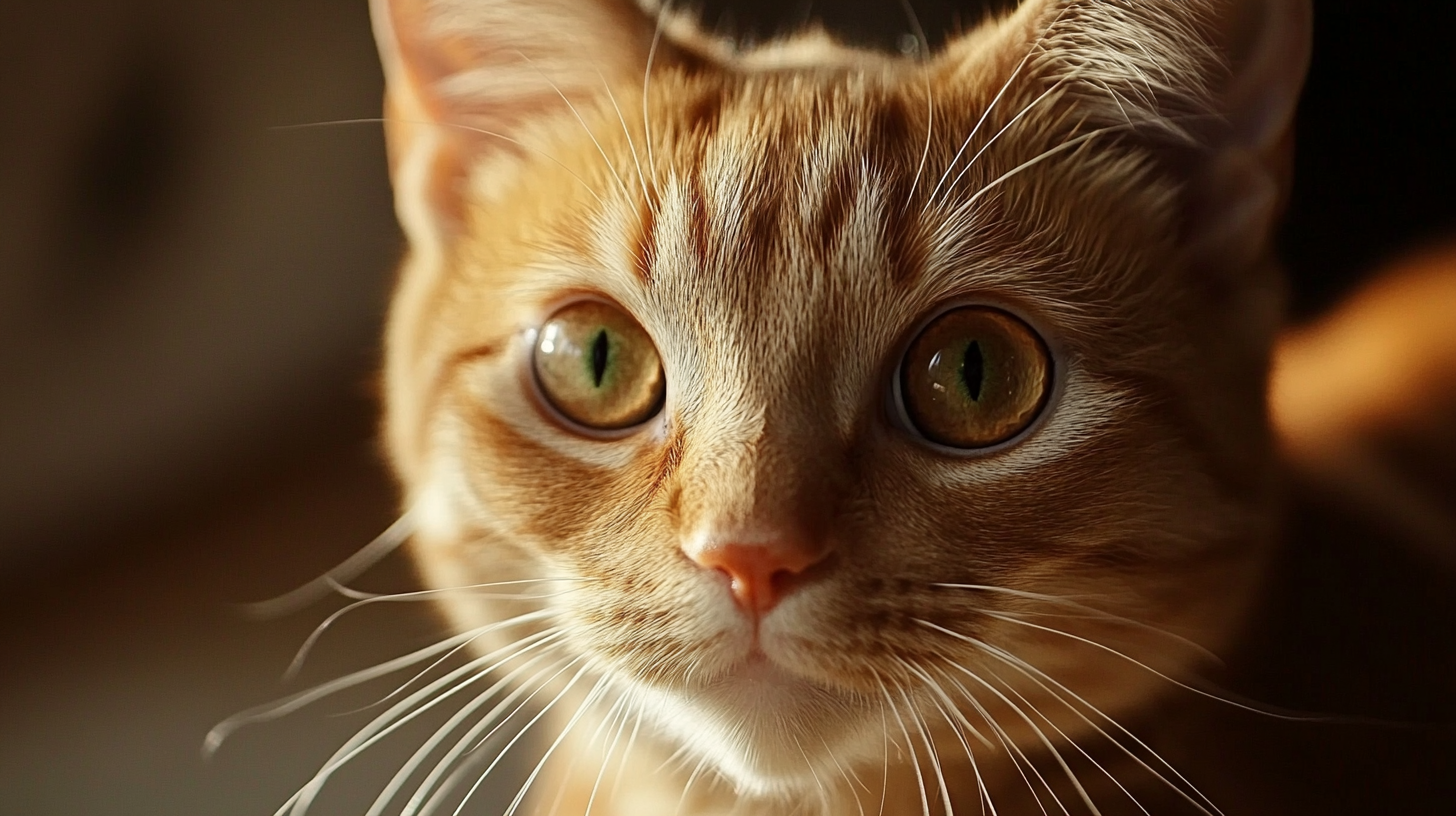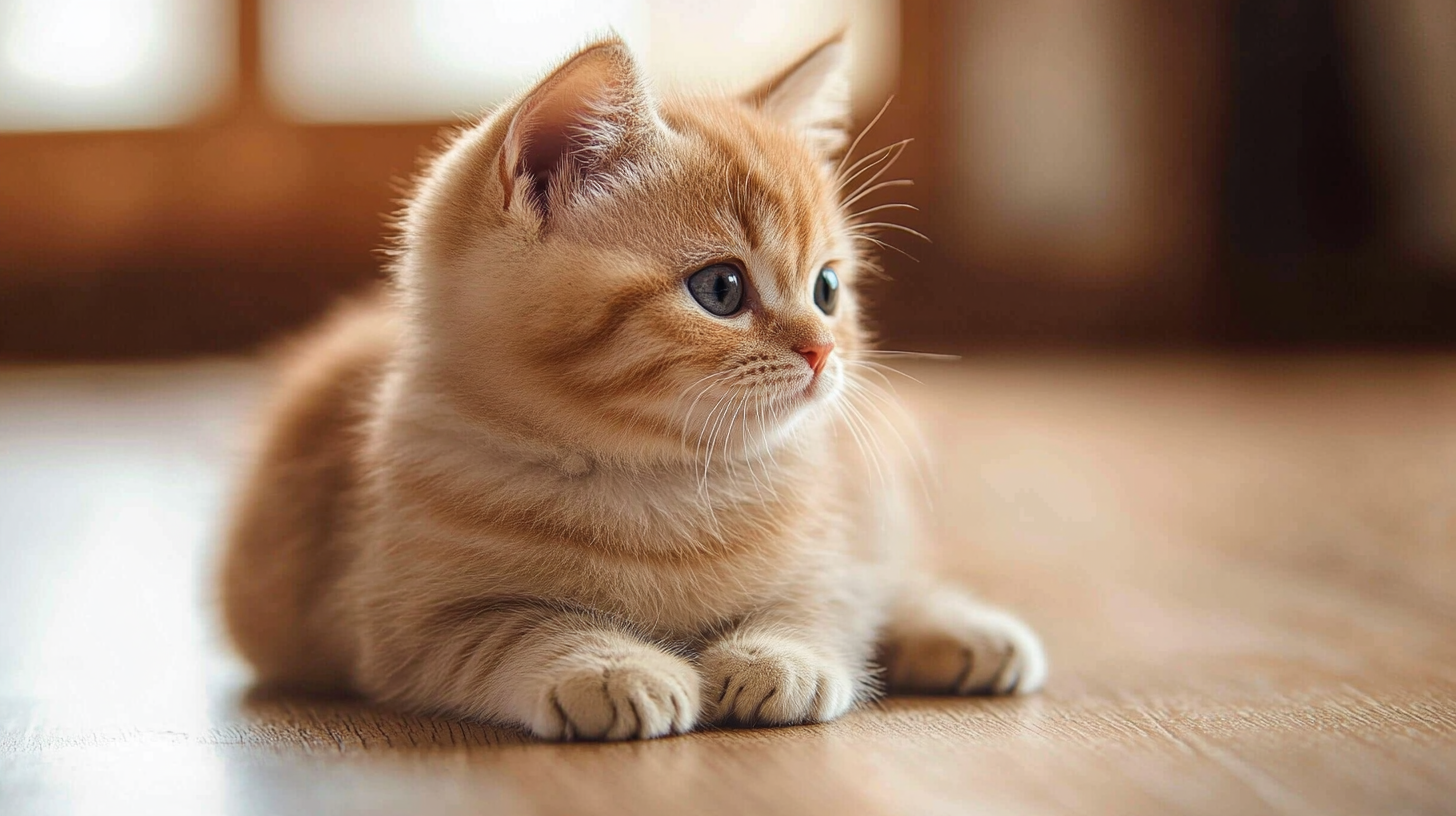In a world increasingly focused on health and well-being, choosing the right diet for our feline friends has never been more important. One option that has gained significant popularity among pet owners is "All Natural Cat Food." This type of cat food stands out for its emphasis on high-quality, minimally processed ingredients, which can provide numerous benefits for your cat's overall health. With many options available on the market, however, selecting the right all-natural food can be a daunting task. It's essential to navigate through the myriad of labels, brands, and claims, ensuring that the food you choose meets the dietary needs of your cat while avoiding harmful additives. In this blog, we will provide essential tips to help you make an informed decision in selecting the best "All Natural Cat Food" for your beloved pet, ensuring they lead a happy and healthy life.

When selecting cat food, the importance of all-natural ingredients cannot be overstated. Our feline friends thrive on diets that closely resemble their natural hunting patterns, which include whole meats, vegetables, and minimal processing. All-natural cat food avoids artificial additives, preservatives, and fillers that can harm a cat's health over time. By choosing food made from high-quality, natural ingredients, owners can support their cat's overall wellbeing and enhance their energy levels and coat health.
Understanding the composition of cat food is key to making informed decisions. Cats are obligate carnivores, meaning their bodies are designed to derive nutrients primarily from meat. All-natural cat food often emphasizes real meat as the first ingredient, providing essential proteins and nutrients. Additionally, ingredients like whole grains, fresh fruits, and vegetables contribute beneficial vitamins and minerals. These components not only enhance flavor but also promote optimal digestion and a robust immune system. By prioritizing all-natural ingredients, pet owners can feel confident that they are nourishing their cats in the best possible way.

When selecting cat food, understanding the key nutritional requirements for felines is crucial. According to the Association of American Feed Control Officials (AAFCO), cats are obligate carnivores, which means their diets must be rich in animal-based proteins. A balanced cat diet should consist of a minimum of 26% protein for adult cats and even higher for kittens. Natural cat foods often provide high-quality protein sources such as chicken, turkey, and fish, which align well with a cat's dietary needs.
Moreover, essential fatty acids, particularly Omega-3 and Omega-6, play a vital role in maintaining a cat's skin and coat health, as well as supporting their immune system. A report from the Pet Food Institute indicates that cats require specific nutrients, including taurine, arachidonic acid, and certain vitamins, which are naturally found in animal tissues. Many natural cat food brands formulate their products to ensure these nutrients are included, often sourcing ingredients that are minimally processed to preserve their natural benefits. This thoughtful approach to ingredient selection not only meets but exceeds the nutritional requirements outlined by veterinary nutritionists and organizations like AAFCO.
When selecting cat food, understanding the impact of artificial additives on feline health is crucial. Research indicates that many commercial cat foods contain synthetic preservatives, flavors, and colors, which can lead to various health issues. For instance, studies suggest that artificial additives may contribute to gastrointestinal problems, allergies, and even long-term health challenges such as obesity and diabetes. Consequently, pet owners are increasingly turning to all-natural cat food options that prioritize whole ingredients free from synthetic substances.
Moreover, natural cat food typically includes high-quality proteins, healthy fats, and beneficial nutrients without the risk of harmful additives. Ingredients such as real meat, whole grains, and organic vegetables not only support a cat's overall health but also enhance their energy levels and vitality. By choosing cat food that is free from artificial additives, pet owners can promote better digestive health and reduce the likelihood of allergic reactions, ensuring their furry companions live happier and healthier lives.

When selecting all-natural cat food, the importance of trusted brands cannot be overstated. According to a survey from the Pet Food Institute, 60% of pet owners prioritize food safety and ingredient quality when choosing pet nutrition. This is where certifications such as the Association of American Feed Control Officials (AAFCO) come into play. AAFCO sets the standards for pet food labeling, ensuring that products meet specific nutritional profiles. Foods that bear AAFCO approval are generally considered reliable choices, as they indicate compliance with these rigorous standards.
Ingredient transparency is equally vital in making informed decisions. A study published in the Journal of Animal Science reveals that pet owners are increasingly looking for brands that provide clear labeling, with 70% of respondents expressing a preference for companies that disclose sourcing and production practices. Ingredients should be listed clearly, with recognizable components at the forefront. Avoid brands that use vague terms like "meat by-products" without specific details, as these could mask lower quality sources. By prioritizing transparency and selecting brands with reputable certifications, cat owners can contribute to the health and wellness of their feline friends.
When selecting all-natural cat food, it’s crucial to consider your feline friend’s unique needs based on age, weight, and health status. Kittens require nutrient-rich food to support their rapid growth and boundless energy, often benefiting from a diet higher in protein and fat. On the other hand, senior cats may need a formula that focuses on joint health and digestion, often with fewer calories to prevent obesity as their activity levels decrease.
Weight management is another critical aspect. Overweight cats may require a specialized diet that emphasizes lower calories while still providing essential nutrients. Always consult with a veterinarian to determine the ideal caloric intake and dietary components tailored to your cat’s individual requirements. Additionally, cats with health conditions such as diabetes or kidney disease may need specialized formulas that cater to their specific dietary restrictions. Evaluating these factors ensures that your cat not only enjoys their food but also thrives on it.